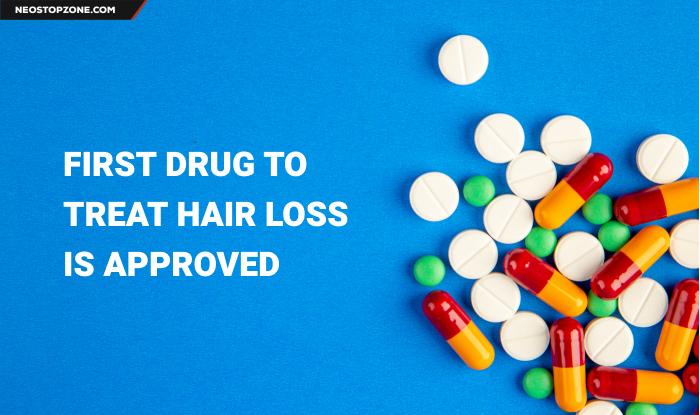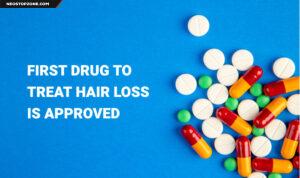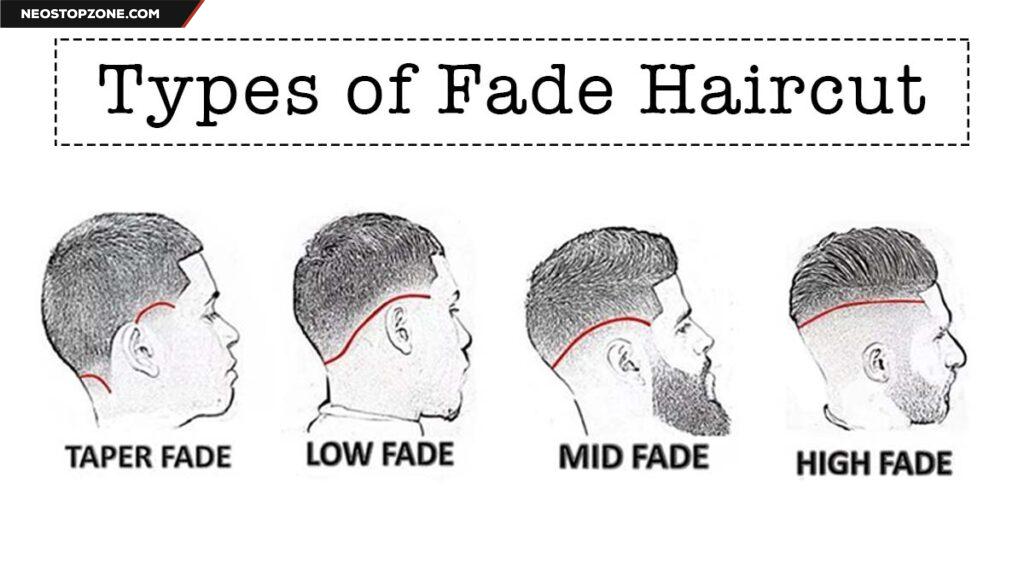FDA is due to severe alopecia areata, an immune disorder that often results in hair loss. The drug for the condition is the first FDA approval of a systemic or full-body drug, according to the statement.
Alopecia areata is a disease that occurs when the immune system attacks the hair follicles, causing hair loss. According to the National Institutes of Health, hair loss is most commonly found on the head and face, but can occur in small, round, coin-sized patches anywhere on the body. There are approximately 700,000 individuals living with alopecia areata in the United States. About 40 percent of those individuals have a severe form of the autoimmune disorder, meaning at least half of the hair on their scalp is missing, STAT reports.
Until now, no approved treatment existed for hair growth in patients with alopecia areata. People with the disorder had to rely on unapproved creams, cosmetic solutions, and injections to manage their condition, Jonathan Vossen and Akila Muthukumar stat. “Access to safe and effective treatment options is critical for the significant number of Americans affected by severe alopecia,” Kendall Marcus, director of the Division of Dermatology and Dentistry in the FDA’s Center for Drug Evaluation and Research, said in a statement. “Today’s approval will help address an important unmet need for patients with severe alopecia.”
Eli Lilly’s drug stops the immune system from attacking the hair follicles. Pharmaceutical companies such as Pfizer and Concert Pharmaceuticals are working on drugs similar to Oluminant.
The Phase III trials of Eli Lilly’s drug-involved 1,200 patients with severe alopecia. Study participants took either a daily pill containing two milligrams or four milligrams of the drug, or a placebo containing no drug. Reportedly, about 40 percent of individuals who took higher doses of the drug did so after 36 weeks. Full or almost complete hair had regrown, and after a year, about half of the patients had hair back, according to the New York Times. Patients who received the drug also reported re-growth of hair along their eyelashes and eyebrows.
Mild side effects were reported and included an increased risk of acne, urinary tract infections, headache, high cholesterol and other infections. The drug’s list price is $2,500 for a one-month supply of two milligram doses. But, Patrick Jonson, Eli Lilly’s president of immunology, STAT that the company is dedicated to ensuring that the out-of-pocket cost for the drug is $5 per month for insured individuals and $25 for those who are uninsured. are of.


